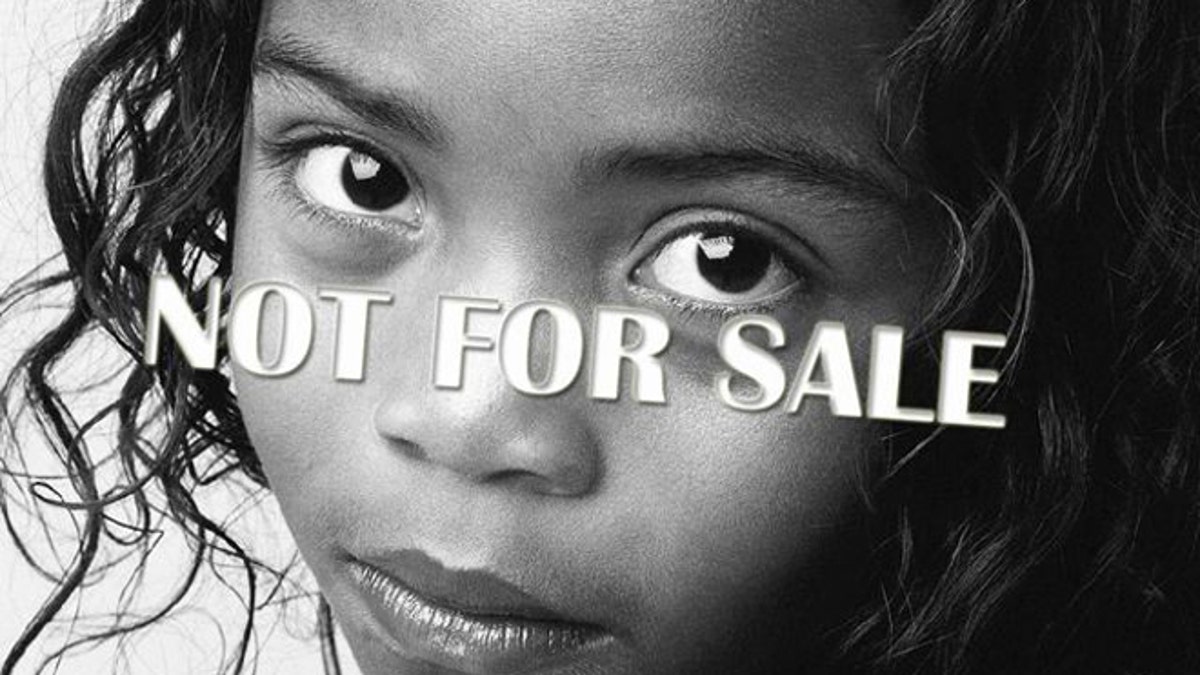
(AP)
For too many Americans, the issue of human trafficking is far removed from their daily lives—something that only happens in foreign countries or Hollywood movies. Tragically, this issue is far closer to home than many of us realize.
The federal government reports that as many as 17,500 people are trafficked into our country annually, and these estimates do not even capture the number of individuals trafficked within our borders each year. With the rise of the Internet, the number of sex trafficking incidents in particular has exploded.
[pullquote]
Perhaps most disturbing, some of the most at-risk Americans are children. According to the Department of Homeland Security (DHS), the average age for a girl to enter the commercial sex trade is just 12-14 years, and only 11-13 years for boys.
Children this young should be preparing for school dances, or cheering on their favorite sports teams. Yet some of these young victims are horrifically being forced to have sex as much as 25-48 times per day, according to research from the Polaris Project.
And while many Americans think this issue is relegated to normally high crime areas or inner cities, these crimes are actually occurring in communities and neighborhoods across the country.
In fact, in my home state, the Tennessee Bureau of Investigation concluded a study in 2011 that found that 49 percent of incidents occurred in rural Tennessee counties, with one county in my district sadly among the top offenders.
As a mother and grandmother, the thought of children being forced into what the federal government and outside experts call “a modern-day form of slavery” is terrifying and unacceptable, which if why Congress has worked over the past 15 years to combat the epidemic of human trafficking.
However, more work must be done to stop this growing problem. In many cases law enforcement lacks the resources or ability to share information in order to properly address the issue. Moreover, the ability for human traffickers to advertise online and the growing prevalence of sex tourism abroad has only promoted growth in this criminal industry.
For these reasons and to protect victims of these heinous crimes, my colleagues and I in the House will work to pass five bipartisan bills this week that would help law enforcement tackle this issue. We will consider the Justice for Victims of Trafficking Act introduced by Congressman Ted Poe to provide law enforcement with additional tools to prosecute those involved with human trafficking. We will also seek to bolster our federal laws to make it a federal crime to knowingly advertise for commercial sex exploitation by considering Congresswoman Ann Wagner’s SAVE Act.
I am especially proud of the work my colleagues on the House Ways & Means Committee have done to advance Congressman Dave Reichart’s Preventing Sex Trafficking and Improving Opportunities for Youth in Foster Care Act – legislation to help identify, prevent and address sex trafficking of youth in foster care that will also be brought before the House this week.
While the American people are rightfully focused on their economic security and the current job market, as their Representatives, we also must work where we can to protect those most vulnerable to these barbaric trafficking crimes -- after all, this is happening closer to home than we may think.
